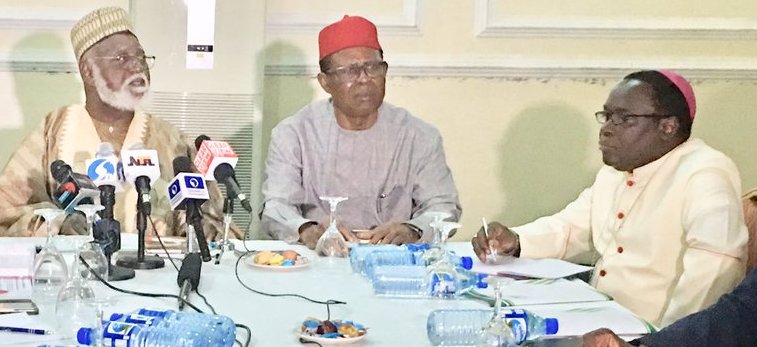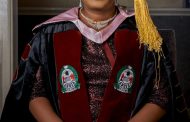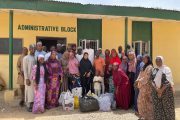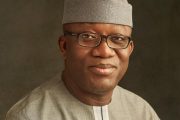The activism of the National Peace Committee is certain to be what many Nigerians could not have missed in a week in which violent images of the fate of Saudi-American journalist, Jamal Khashoggi and of the counter-insurgency operation in Nigeria’s Northeast escaped into popular cinematographic menu, sending disturbing signals. The committee is not only working closely with the Independent National Electoral Commission, (INEC), it is also stepping up efforts at getting the political parties to sign a peace accord ahead of 2019. Those are very significant steps in our clime where an election is, unfortunately, still the ultimate conflict multiplier and thus the place to start with in the search for peace. That is especially where peace is understood beyond absence of people coming to blows but in its much deeper sense as social justice, democracy and, in fact, emancipation.
Although the import of the innovation called the National Peace Committee does not appear to have sunk in popular consciousness yet, it is, indeed, an investment in the future worth keeping strongly in view. Its potentials are tremendous. Even as it is, it is already a critique of one of the fundamental flaws of the Nigerian project – mediocrity. No matter what anyone may say about the two leading actors there – General Abdulsalami Abubakar and Bishop Mathew Hassan Kukah, they are the anti-thesis of mediocrity. Notwithstanding the small paradox in a military man transforming into a budding peace practitioner, General Abubakar is absolutely well heeled in that terrain. Connected to religion, academia, culture, media and the civil society and being a formal student of peace and conflict, Bishop Kukah is more than well heeled.
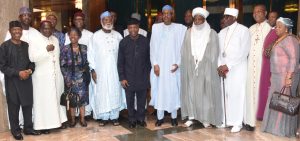
What it was in 2015
But beyond transcending mediocrity, the National Peace Committee appears to be a wholly Nigerian discursive practice. This is to say that the fears, hopes and aspirations that informed the National Peace Committee are uniquely Nigerian fears and makes the committee inherently unique. Herein lies its ultimate significance. There is no similar practice even if it came from the United Nations that would have that local content informed by the meaning of reality for those who experience such reality(ies). That is the reason the UN itself endorses the manta of ‘African solutions for African problems’. It is neither chauvinism nor localism to argue this way because everyone does not experience the world the same way.
The achievement in the National Peace Committee is thus in it being an attempt by Nigeria to frame Nigeria, implying a Nigerian prescription for the Nigerian crisis. The argument about that is how Nigeria and, by implication, Africa would have gone more than 70 % in solving her problems if they were the ones framing the problems in the first case. In other words, both the country and the continent are in darkness because they are relying on models developed elsewhere, most of which have very little or nothing to do with the Nigerian specifics, especially the business model.
There is thus something to be protective of in the National Peace Committee as to even warrant suggesting the drafting of Nigeria’s best ten political scientists and peace scholars to deepen the conceptual and model questions involved and to help in enacting the evolving framework. For, in that committee lies the possibility of Nigeria joining Latin America, for instance, in terms of original discourses such as Dependency Theory or Liberation Theology. It is about time such happens somewhere in Africa. It is open to debate if it should be anywhere else in Africa beyond Nigeria where politics is most devoid of public purpose. And, hence, the inevitability of instability every four years during elections. That is becoming embarrassing to not just Nigerians or Africans but the black world. A body legitimate enough and, therefore, possessing the moral authority to moderate leadership, power and governance has just become an imperative in Nigerian politics.

